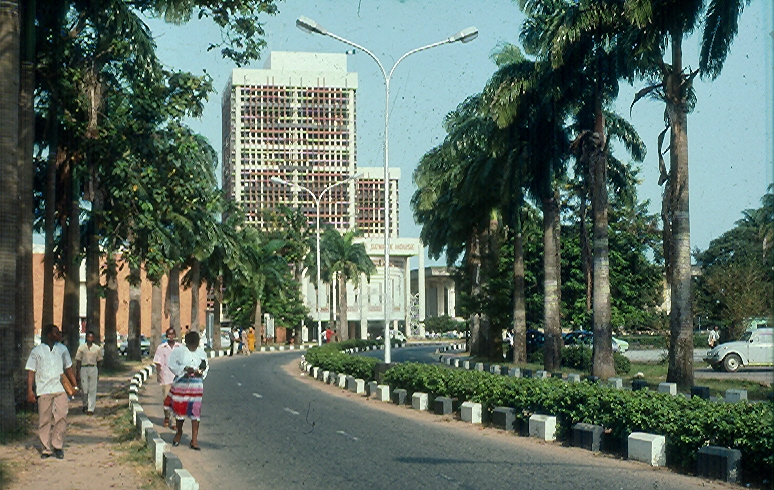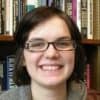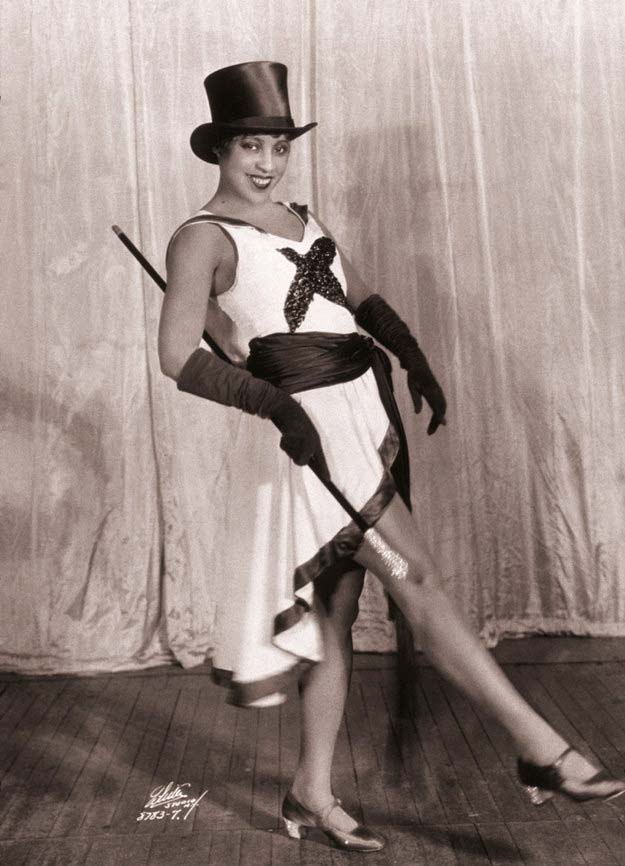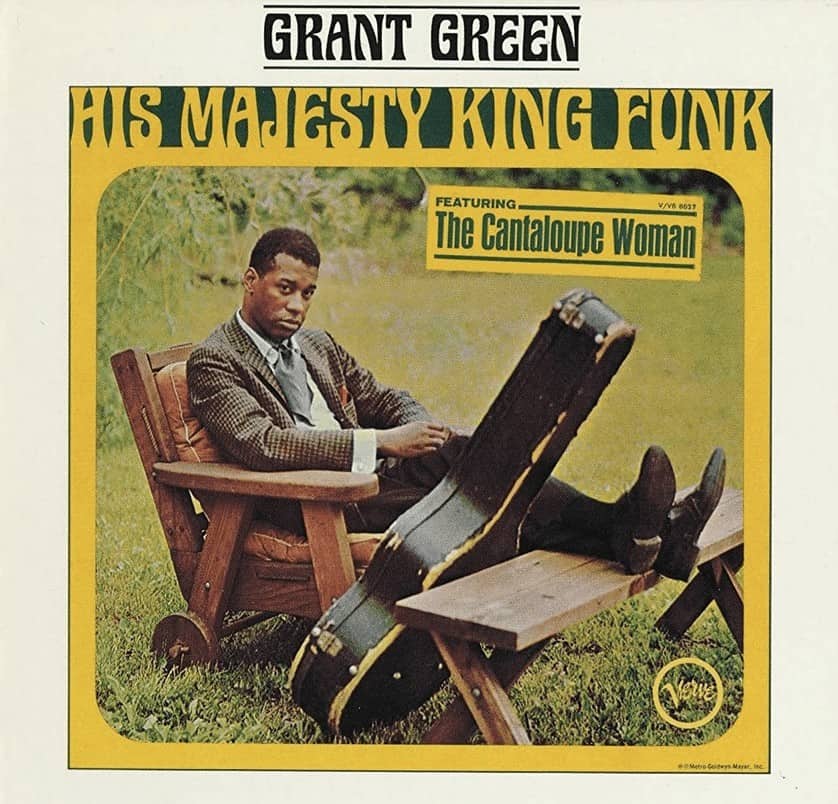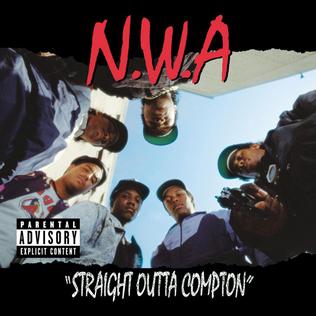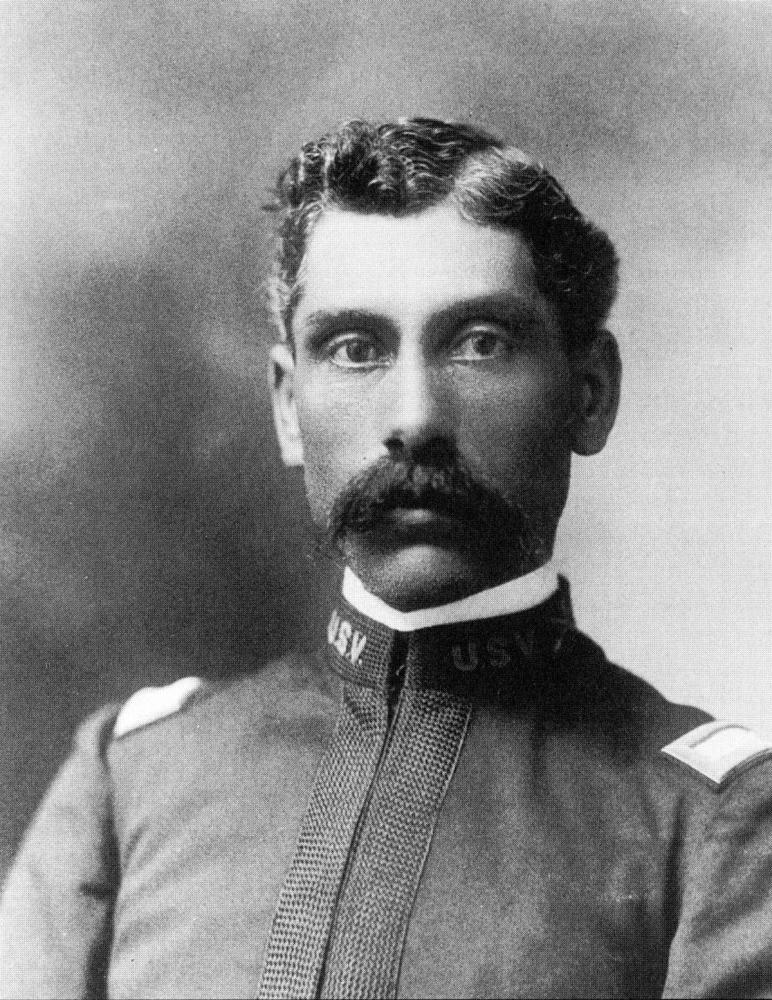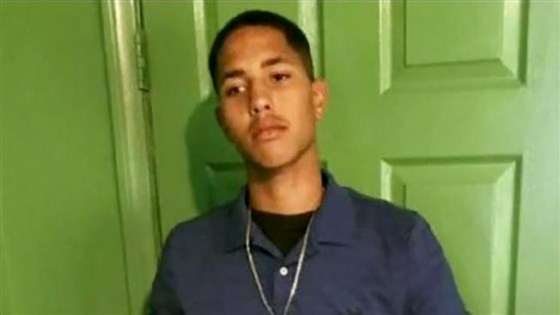The University of Lagos was founded in 1962 in Yaba, Lagos by an Act of the Federal Parliament. Before the establishment of the University of Lagos in 1962, a teachers’ training college, Trade Center, and Yaba College of Technology were the only institutions in the largest city in the country. The Advisory Commission of the UNESCO presented a report calling for the establishment of the University in September 1960. After initial establishment in 1962 and three phases of building construction between 1962 and 1970, the university reached roughly its current size. The University of Lagos also known as UNILAG is now made up of nine faculties including Law, Education, Arts, Business Administration, Engineering, Environmental Science, Science, Social Science, and Pharmacy as well as a School of Medicine.
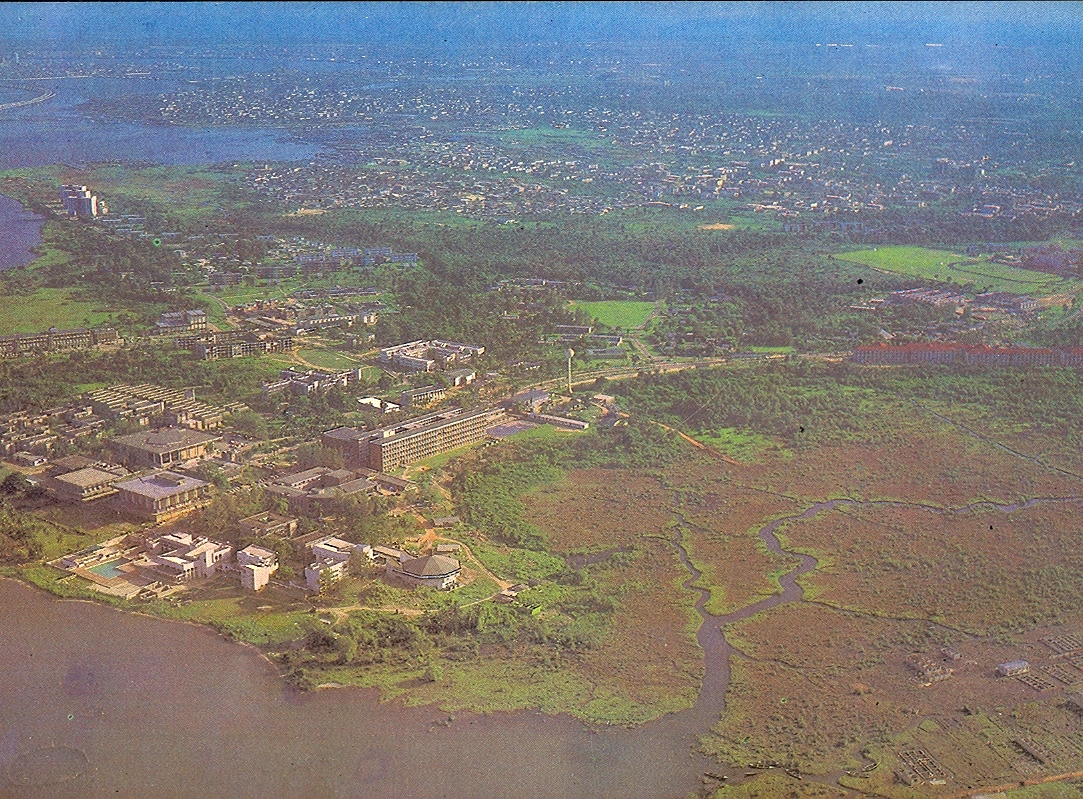
University of Lagos Campus, ca. 1975, Postcard
Around the same time as the establishment of the University of Lagos, the Nigerian federal government began studying the process of the classification and grading of teachers with the goal of simplifying the existing system while simultaneously improving teacher quality. The Federal Higher Teacher Training College, which granted graduates a Nigeria Certificate of Education (N.C.E.) was developed in 1962. In 1967, by decree of the Nigerian Government, the teacher training college was merged with the University of Lagos and became the Education faculty at the University.
When Lagos was the capital of Nigeria from independence in 1960 until 1991, the University played a critical role in politics and government. Often new academic programs were introduced there and the student body was more regionally and economically diverse than at other Nigerian universities. Moreover, its academic programs were and remain some of the strongest in the Nigerian University System.
During a brief period of “economic leanness” between 1981 and 1991 in Lagos and the rest of Nigeria, the University suffered the loss of many employees and many of its facilities fell into poor condition. Since then, however, UNILAG has succeeded in extending its revenue-generating activities, improved its academic reputation, and attracted more students. The enrollment in the university in 2011 is over 39,000, a far cry from the first 1962 class of only 131.
Notable University of Lagos alumni include Nigerian television actor Francis Agu, Kayode Fayemi, the governor of Ekiti State, Ikedi Ohakim, the governor of Imo State, Wale Adenugu, prominent publisher and film producer, and Farida Mzamber Waziri, the chairperson of the Nigerian Government’s Economic and Financial Crimes Commission.

